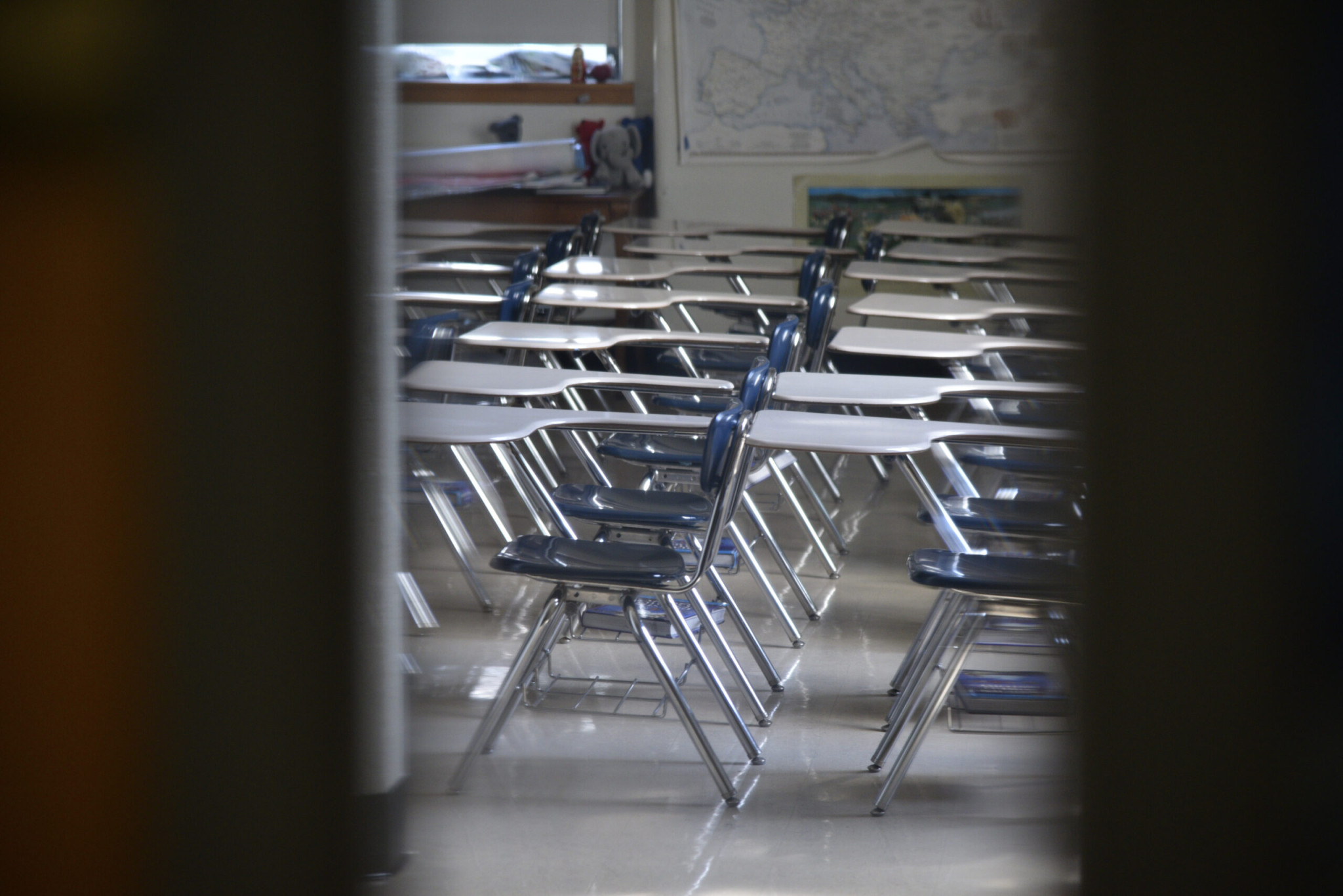For most high schoolers, junior year is one of fabled difficulty. Juniors typically suffer through multiple Advanced Placement (AP) classes, the SAT/ACT, sports, extracurriculars, and the general anxiety of a “make or break” year. The current class of juniors, graduating 2021, has been faced with an entirely new obstacle: the coronavirus pandemic. What was supposed to be the most difficult semester of their pre-college schooling has turned into an at-home fiasco. At Berkeley High School (BHS), many 11th graders feel like they’ve lucked out with the timing of quarantine; many are worried about the effects on their college applications and social lives. Either way, it’s undeniable that for BHS juniors, this year and its accompanying workload has been severely affected by the quarantine.
“This just feels like my academic world was turned completely upside down,” says Melani Garcia Macias, a junior in Academy of Medicine and Public Service (AMPS). The transition to distanced learning was difficult for Garcia Macias, who explains that she is “the type of student who needs to be in a classroom to learn, who needs to have the content explained to [her] verbally, who needs to be able to ask questions.” She isn’t alone in this sentiment. Eva Bradman, an 11th grader in Academic Choice (AC), points out that even though the typical junior year workload has been diminished because of quarantine, “the work we do have is made exponentially more difficult by the circumstances.” Without the structure and guidance of a typical school day, students must find their own ways to stay on track. Both Garcia Macias and Bradman have developed daily schedules for themselves in order to stay on top of their work, but they find that self-imposed structure can only do so much. “I’ve never had to really make myself do anything,” explains Bradman, “and I’m suddenly needing to hold myself accountable!” Bradman is expressing a sentiment shared by many BHS juniors, some of whom are struggling with the lack of structure to a much greater degree. Self-management requires resources, both mental and material, that some students just don’t have. For these students, it’s difficult to learn from and be supported by BHS’s form of distance-learning, which is relatively disorganized and unregulated.

In addition, many BHS juniors are finding AP tests to be a big stressor, even with the format changes: instead of the typical four hour ordeal, AP exams are now being administered at home, in under an hour, with open-notes. “It should be a relief,” says Bradman, “but I feel like my teachers haven’t been giving us enough work to prepare for the AP tests.” She points out that it’s the lack of direct contact making things so difficult. “Usually, I can communicate with my teachers about what I need, but that’s so complicated now.” Remy Djavaherian, an 11th grader in Communication, Arts, and Sciences (CAS), shares a similar experience, explaining that he’s “being challenged in a new way, in a way that school hasn’t challenged [him] before … in the sense that [he] can’t just go ask a teacher a question, it’s more about problem-solving by [himself].” This is certainly a new reality for most juniors, who are suddenly being forced into an autonomous learning experience, the expected resources of school being pulled out from under them. Both Garcia Macias and Djavaherian expressed concern for their classmates, Djavaherian clarifying that “we’re teenagers, so it’s definitely hard to keep ourselves on track, we have a lot of distractions … I know people that completely rely on their teachers’ guidance.”
Despite the difficult circumstances, students have been working hard to stay positive, and many have managed to find some positives in quarantine. Matthew Gallati, an 11th grader in Berkeley International High School (BIHS), shares that although his motivation has been dropping, his stress levels have as well, and he’s “been spending much more time doing things [he] enjoys, like mountain biking.” Bradman is happy because she’s “been able to treat [her] body better in terms of sleep and food … [and is] feeling well-rested and healthy throughout the day.” Garcia Macias has “been able to pursue other interests like guitar and reading,” and she “finally [has] time to rest and simply relax.” Djavaherian is enjoying “the freedom to set and follow [his] own schedule,” which includes “the time to focus on new home projects.” Sylvie Olson-Dorf, an 11th grader in Arts and Humanities Academy (AHA), has found it “really nice to have so much time to do art and cook,” and they’ve also started biking a lot.
It’s truly all about mindset; the circumstances surrounding this pandemic have and will continue to be difficult, but that doesn’t mean we need to sacrifice our happiness. Being able to look at this time as an opportunity — a space to grow and relax and rejuvenate — makes all the difference. Juniors, class of 2021: we have an opportunity. Let’s take it.





